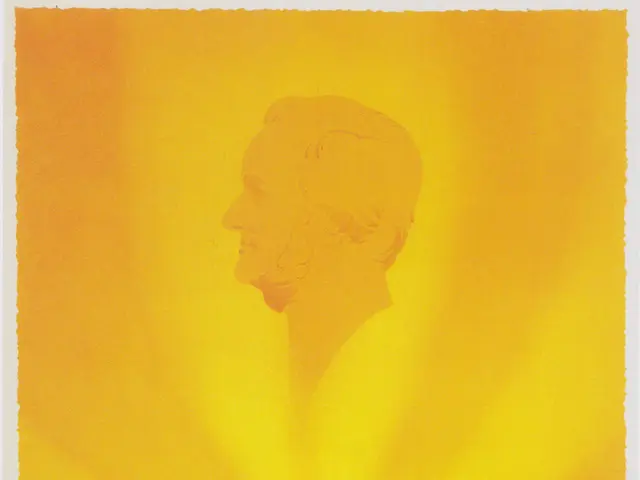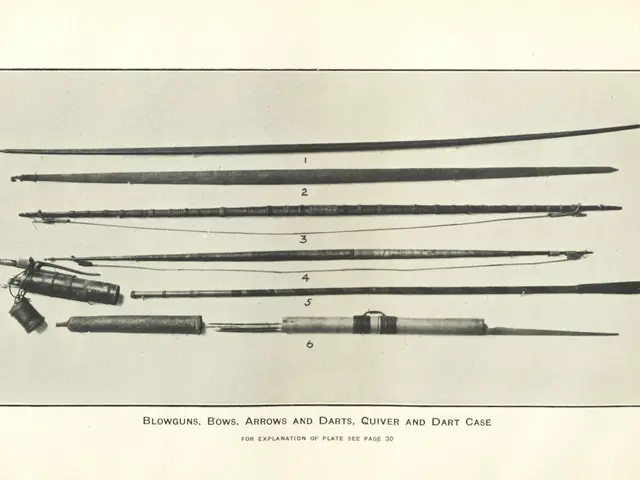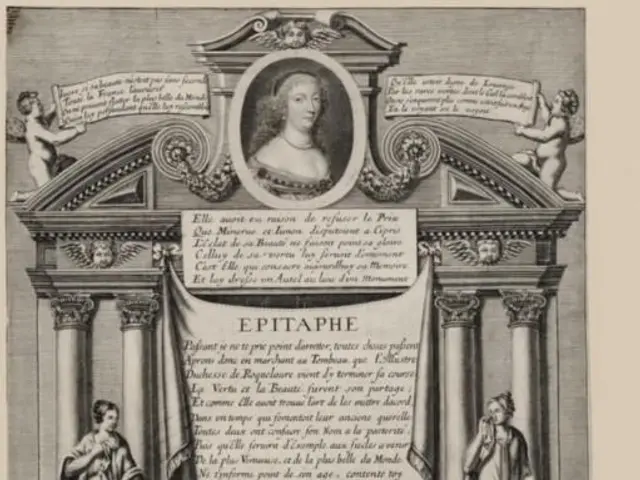Dune Sequel: Onward with the Epic Tale
Exploring timeless and timely themes, the epic saga continues in director Denis Villeneuve's masterful adaptation of Frank Herbert's celebrated novel, Dune: Part Two. After a gripping first installment, we delve deeper into the sprawling universe surrounding young Paul Atreides, as he battles personal demons, enemy forces, and his own destiny.
Set in the distant future, Dune: Part Two picks up where the previous film left off, following the journey of Paul, a young man propelled by fate into an intergalactic power struggle. Born of the slain Duke Leto Atreides and the mysterious Bene Gesserit Lady Jessica, Paul faces the ultimate test in "Dune": to conquer his fears and become a hero. As he ventures into the unforgiving sands of Arrakis, he strives to gain the trust and support of the Fremen people, the native inhabitants of the planet, while fighting the Harkonnens, a vicious faction intent on ravaging Arrakis for the precious resource known as spice.
At its core, Dune: Part Two delves into a timeless conflict between lawfulness and corruption, with the resilient Fremen representing humanity fighting for their existence, and the Harkonnens symbolizing greed and violence. Paul's character is caught in this struggle, embracing Chani's fierceness and Stilgar's wisdom to win the Fremen's trust, while grappling with his growing awareness of the prophecy that seems to control his destiny.
The immersive and captivating exploration of this grand universe continues, with its diverse cast of champions and plunderers. Joining returning characters such as Chani, Lady Jessica, and the Reverend Mother Mohiam is an intriguing ensemble, including Princess Irulan, the Emperor's daughter, and Lady Fenring, a cunning Bene Gesserit whose intentions appear to align with the Harkonnens.
To transport audiences into the heart of the Fremen's world and further into the Baron's realm, the production team journeyed to various locations, including Abu Dhabi, Jordan, Budapest, and, for the first time, Italy.
Frank Herbert's acclaimed novel, Dune, has left an indelible mark on the science fiction genre, with influences that extend to works like Game of Thrones and Star Wars. Utilizing the book's distinct fingerprint, writer Jon Spaihts crafted an intelligent and engaging script for Dune: Part Two. Exploring themes such as love, power, and destiny, the story expands on Frank Herbert's ecological themes, offering a poignant reflection on humanity's relationship with nature.
In an interview, Spaihts discussed his approach to the script, focusing on remaining true to the book's spirit while keeping the story grounded in real human emotion, rather than relying on gadgets or futuristic technology. Spaihts also emphasized the importance of allowing audiences to fill in the gaps, encouraging them to immerse themselves in the world and its story, rather than receiving exhaustive explanations.
As the second half of the novel tackles more complex politics and leaps further into the future, Dune: Part Two will face the challenge of creating a coherent structure, while also staying faithful to the book's original narrative. In particular, the film will delve deeper into the Fremen's struggle for freedom, Paul's burgeoning romantic relationship with Chani, and the complexities surrounding the prophecy that shapes Paul's future.
*READ MORE ABOUT DUNE: PART ONE*
Insights from Screenwriter Jon Spaihts...
- Adapting Frank Herbert's iconic 1965 novel...
- Honoring the book's spirit and staying true to its themes...
- Letting the human story guide the narrative...
- Creating a more coherent structure for the second half of the novel...
- Elevating Chani's character in the latter chapters and focusing on her leadership...
- Bringing new characters, such as Feyd-Rautha, Princess Irulan, and Lady Fenring, into the story...
- Expanding on the themes of female empowerment introduced in "Dune"...
- Taking inspiration from the incredible visuals in the first film to create new, awe-inspiring worlds in "Dune: Part Two".
The epic continuation, Dune: Part Two, continues to immerse audiences in the rich and diverse universe of movies-and-tv, as it delves deeper into timeless themes of lawfulness versus corruption, entertainment, and sci-fi-and-fantasy. Inspired by Frank Herbert's iconic novel, the film offers an engaging exploration of complex politics, love, power, and destiny, expanding on the book's original narrative while staying faithful to its themes and captivating audiences in its entertainment value.








